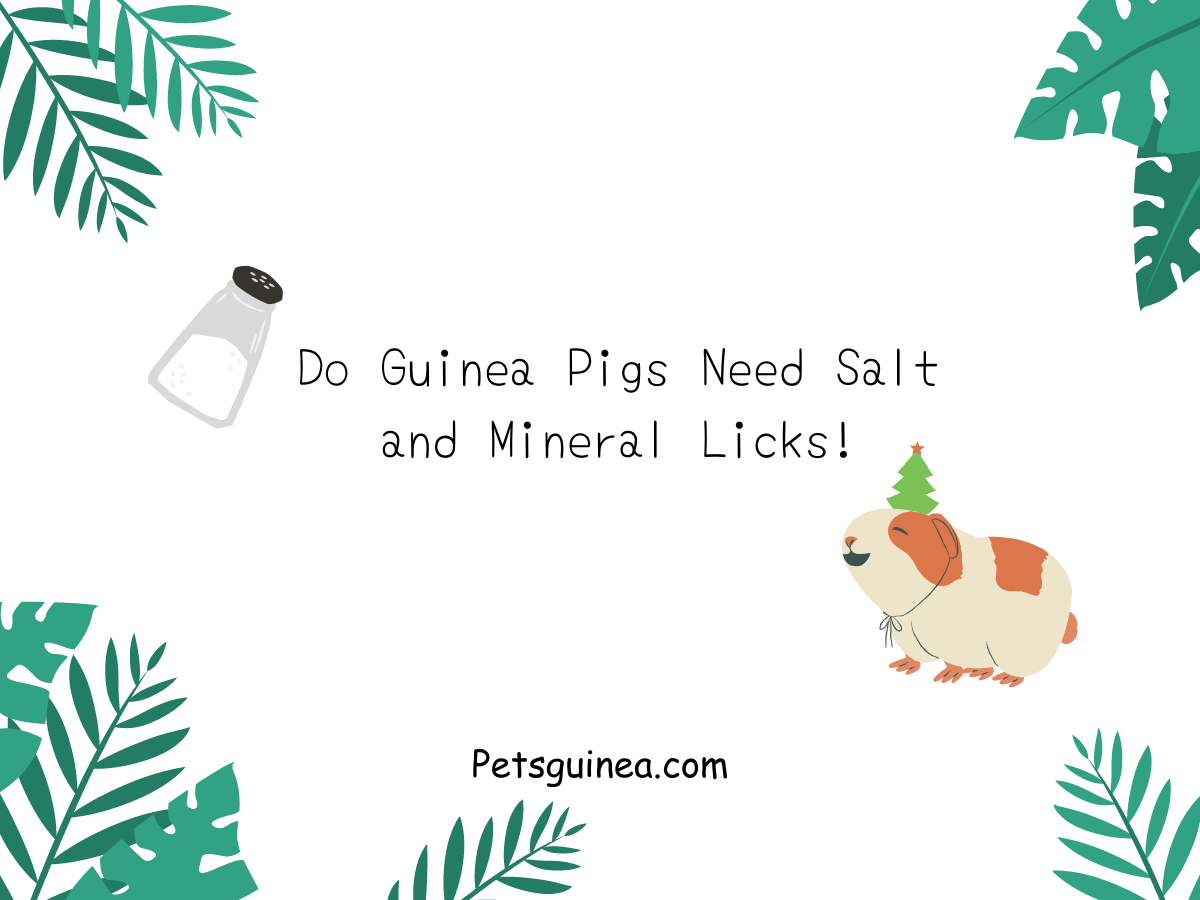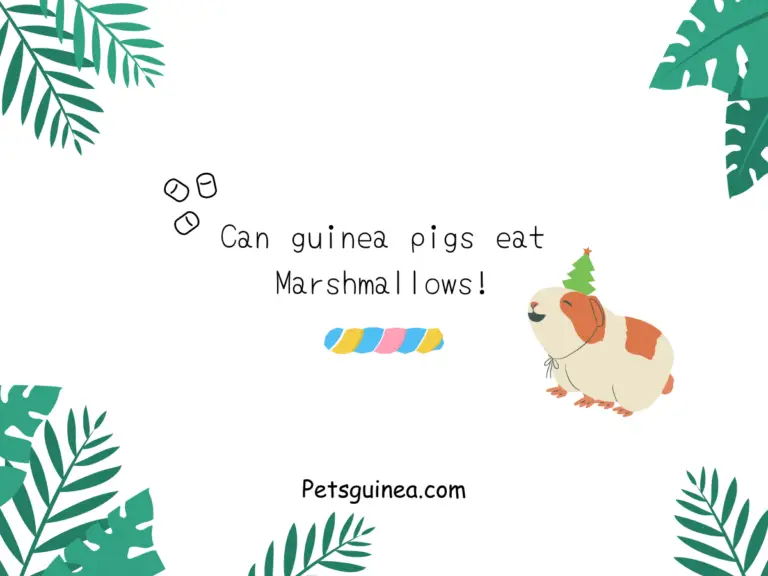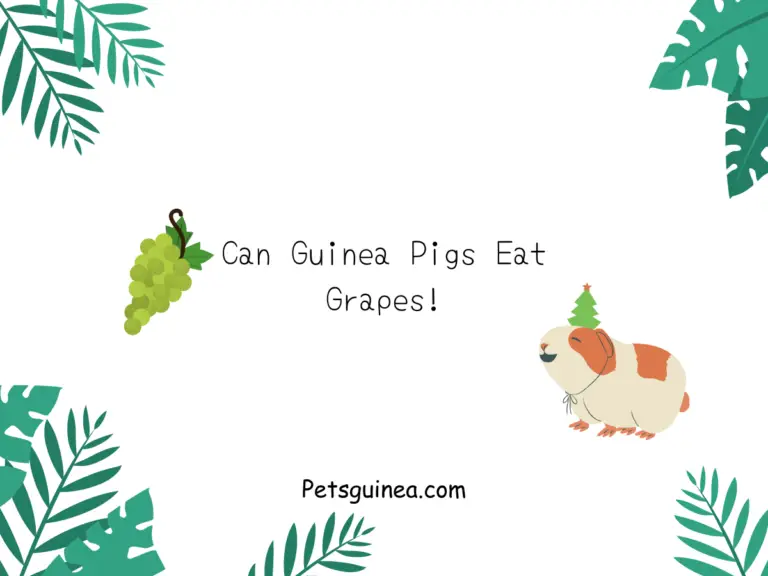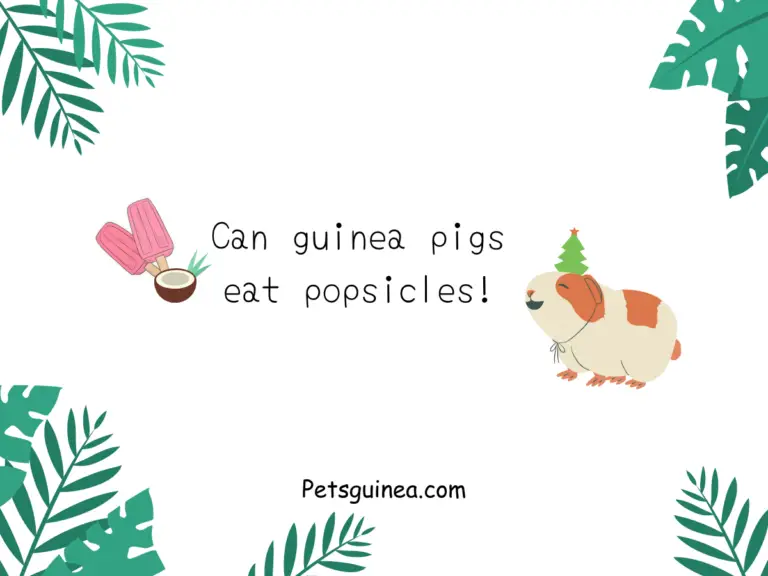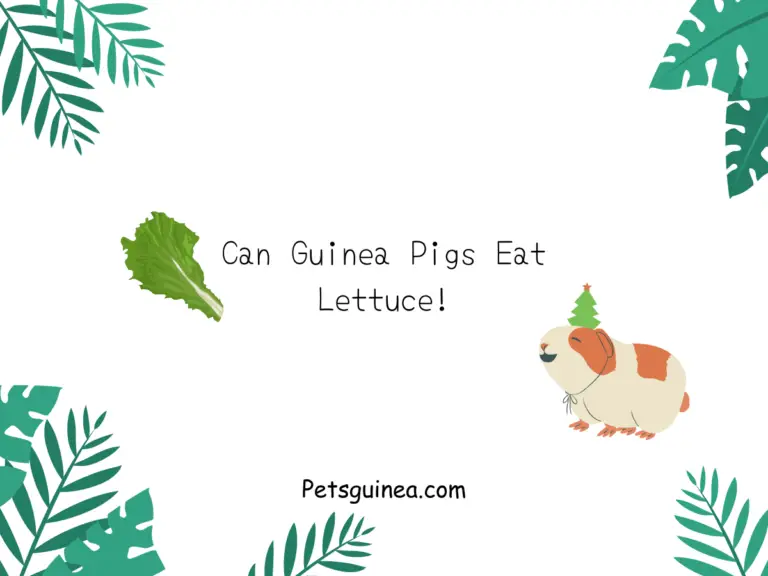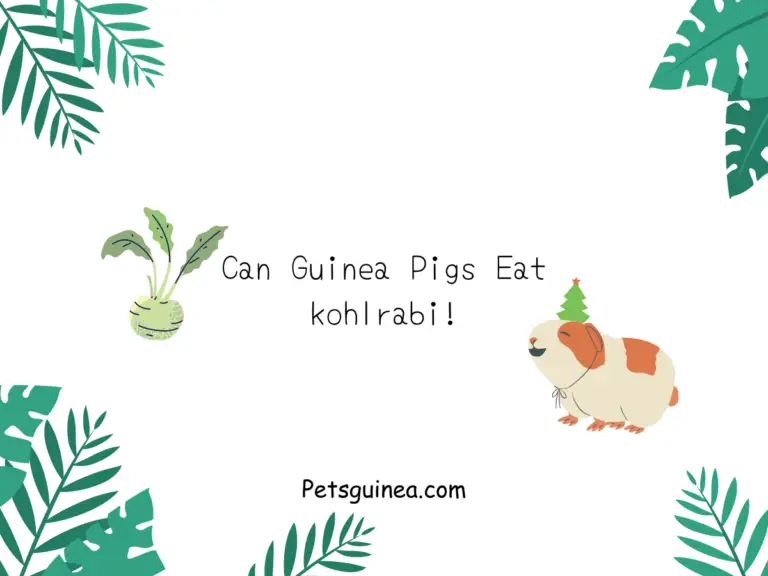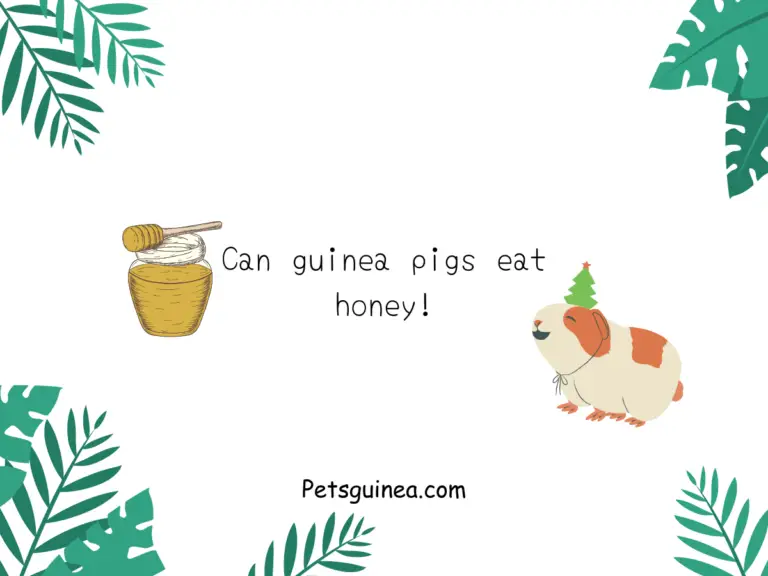Do Guinea Pigs Need Salt and Mineral Licks?
Salt and mineral licks are common in pet stores, often marketed towards guinea pig owners. But are these colorful blocks beneficial for our furry friends? Let’s delve into the world of guinea pig nutrition and explore the truth about salt licks.
Quick Facts About Salt and Mineral Licks
Composition:
These licks are typically made from compressed salts and minerals, sometimes with added colors or flavors.
Appeal:
They can entice guinea pigs due to their bright colors and salty taste.
Purpose:
Manufacturers claim they provide essential minerals and encourage water intake.
Why Do Guinea Pigs Need Salt?
Just like us, guinea pigs require a small amount of salt in their diet for proper bodily functions. It helps maintain electrolyte balance, nerve impulses, and muscle function.
Are Salt and Mineral Licks Good for Guinea Pigs?
Hold on, slower! Here’s why salt licks might not be the best choice for your guinea pig:
Balanced Diet:
A well-rounded diet of high-quality hay, guinea pig pellets, and fresh vegetables already provides the necessary salt and minerals.
Overconsumption:
Guinea pigs can’t efficiently eliminate excess salt, leading to potential health problems like bladder stones and kidney issues.
Uncontrolled Intake:
Salt licks offer unlimited access to salt, making it difficult to regulate their intake.
Are Salt Licks Bad for Guinea Pigs?
While not inherently toxic, excessive salt intake from licks can be detrimental, here are some signs to watch out for:
Increased Thirst:
Excessive salt consumption leads to dehydration, causing your guinea pig to drink more water.
Urinary Issues:
They might develop bladder stones or experience frequent urination with a strong odor.
Lethargy:
Guinea pigs with salt overload might become less active and show signs of fatigue.
Why Too Much Salt is Harmful
Remember, guinea pigs are small creatures whose bodies can’t handle large amounts of salt. Here’s why excess salt is a health risk:
Kidney Strain:
Their kidneys must work extra hard to filter out the extra salt, increasing the risk of kidney disease.
Bladder Stones:
High salt intake can contribute to the formation of painful bladder stones.
Electrolyte Imbalance:
Too much salt can disrupt the delicate balance of electrolytes in their bodies, leading to health problems.
What’s the Need for Salt Lick for Guinea Pigs?
Honestly, there isn’t one! A balanced diet with high-quality hay, a proper guinea pig pellet mix, and various fresh veggies should provide all the necessary salt and minerals your guinea pig needs.
What to Do if Guinea Pigs Have Eaten Salt and Mineral Licks
If you suspect your guinea pig has overindulged in a salt lick, don’t panic! Here’s what to do:
Monitor:
Keep an eye on your guinea pig for signs like excessive thirst, lethargy, or changes in urination.
Hydration:
Ensure they can access fresh, clean water to help flush out the excess salt.
Vet Visit:
If you’re worried about your guinea pig’s health, consult your veterinarian for guidance.
How Much Salt Is Needed for Guinea Pig?
The amount of salt needed by guinea pigs is difficult to pinpoint as it depends on factors like age, health, and activity level. However, a well-balanced diet will naturally provide the necessary amount.
The amount of salt needed by guinea pigs is difficult to pinpoint as it depends on factors like age, health, and activity level. However, a well-balanced diet will naturally provide the necessary amount.
Here’s the key takeaway: Skip the salt and mineral licks! Focus on providing your guinea pig with a nutritious diet rich in hay, pellets, and fresh vegetables to maintain optimal health and a happy life.
Your Guinea Pig’s Recipe for a Happy Life: Ditch the Salt Licks, Embrace the Hay!
Forget the fancy salt licks and embrace the power of hay! As we’ve explored, a balanced diet packed with hay, pellets, and a sprinkle of fresh veggies is the secret ingredient to your guinea pig’s happiness and well-being. It will keep their little tummies happy and ensure they have the energy to zoom around their cage, conquer cuddle time, and become their ultimate tiny companion. So, ditch the salt licks, whip up a nutritious diet, and watch your guinea pig blossom into a healthy, playful, and perfectly content little friend!
Beyond the Basics: A Deeper Dive into Guinea Pig Nutrition
While we’ve established that salt licks aren’t a necessary addition to your guinea pig’s diet, understanding their nutritional needs is crucial. Here’s a closer look at the essential components of a healthy guinea pig diet:
Hay:
The hero of the guinea pig food bowl! Hay should make up around 70-80% of their diet. It provides essential fiber for healthy digestion, keeps their teeth trimmed naturally, and helps with gut health. Opt for high-quality, fragrant hay like timothy or oat hay.
Guinea Pig Pellets:
These fortified pellets provide a concentrated source of vitamins, minerals, and protein, complementing the hay. Choose a good quality brand formulated specifically for guinea pigs. Aim for around 1/8 cup of daily pellets for an adult guinea pig.
Fresh Vegetables:
The vibrant world of fresh veggies is a delightful and nutritious addition to your guinea pig’s diet. They offer essential vitamins, minerals, and hydration. Introduce new vegetables gradually to avoid tummy troubles.
Water:
Fresh, clean water is vital for all living beings, and guinea pigs are no exception. Provide a water bottle with a sipper tube that is easily accessible and cleaned regularly.
Vitamin C:
Unlike humans, guinea pigs can’t synthesize their vitamin C, making it an essential dietary requirement. Look for pellets fortified with vitamin C or provide daily supplements in the form of fresh vegetables high in vitamin C (like bell peppers) or vet-recommended drops.
Bonus Tip:
Treats are a fun way to bond with your guinea pig, but keep them occasional and healthy. Opt for small pieces of fruits like strawberries or blueberries or guinea pig-approved treats available at pet stores.
Following these guidelines and providing a balanced diet will ensure your furry friend gets all the nutrients they need to thrive. Remember, a healthy diet is the foundation of a happy and healthy guinea pig!
FAQ’s for “Do Guinea Pigs Need Salt Licks?”
This caters to the growing trend of DIY pet care and the desire for natural alternatives.
This leverages the fascination with superfoods and explores healthy options beyond the basics.
This addresses a common concern among pet owners and provides a calming, informative response.
This tackles a growing pet nutrition movement and clarifies guide nea pigs’ diet needs. (Spoiler Alert: Not quite!)

